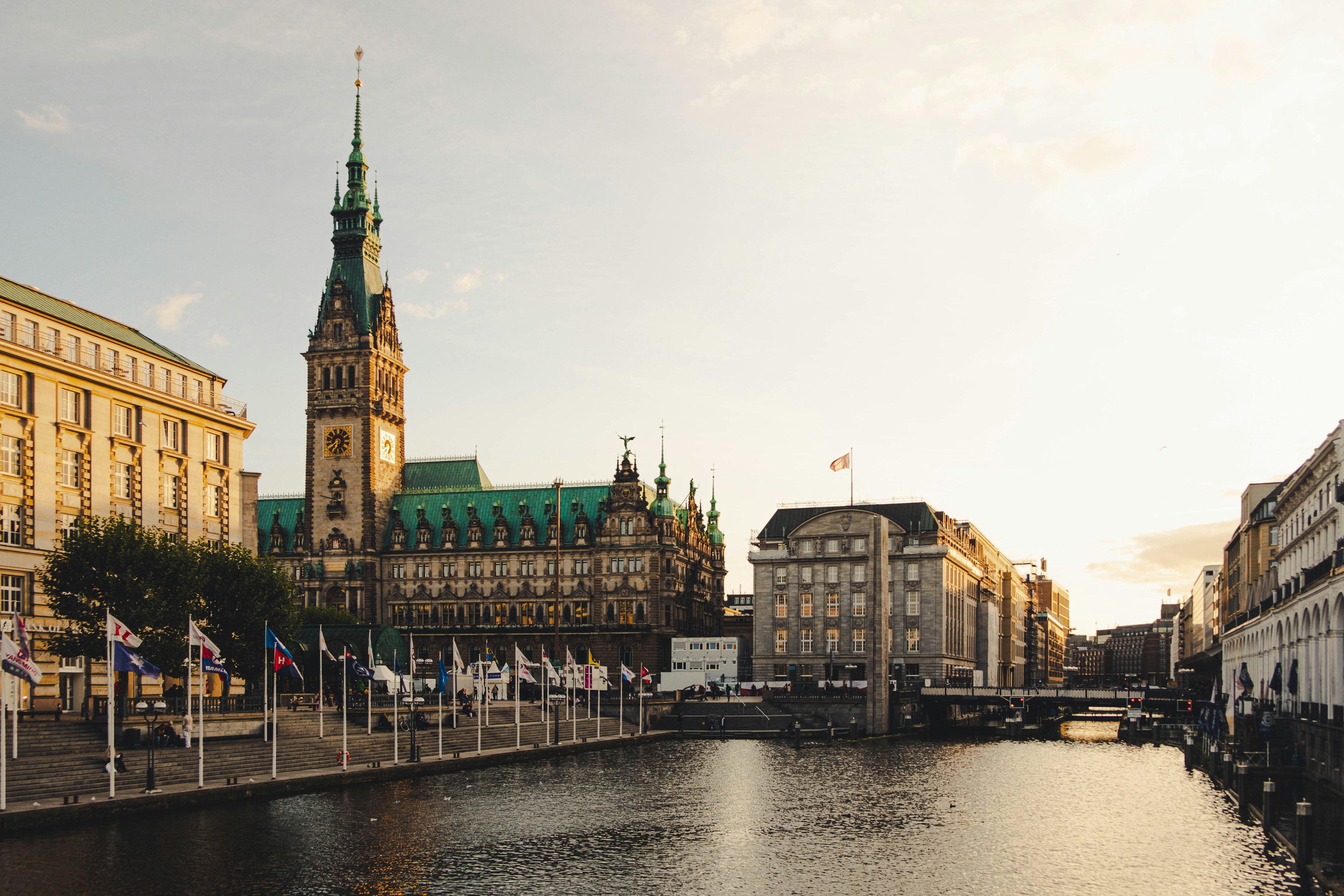At the recent Hamburg Sustainability Conference, a new wave of optimism swept through the halls as leaders from around the world came together to sign the Hamburg Declaration on Responsible Artificial Intelligence. This agreement is more than a formality. It marks a shared commitment to making sure that AI technology is used thoughtfully, fairly, and in ways that directly benefit both people and the planet.
Artificial intelligence has grown fast, finding its way into our homes, workplaces, and communities. From tracking crop health in farms to predicting extreme weather, its power is already being used to support environmental and social progress. But alongside these advances, concerns have grown louder. Who decides how AI works? Who benefits from it? And who might be left out? The Hamburg Declaration aims to answer those questions with principles rooted in transparency, fairness, and accountability.
The message is clear. If AI is going to play a central role in addressing global challenges like climate change, health care access, and education, it must be built with responsibility at its core. The declaration calls for the design of systems that can be explained and understood by regular people. It urges that data used to train AI should be inclusive and representative of all communities. Most importantly, it emphasizes that AI should not deepen existing inequalities but rather help close the gaps.
This is not just about big government or big tech. The ripple effects will touch everyday tools and services, from apps that help monitor energy use in homes to AI-powered platforms helping small businesses manage supply chains more sustainably. By setting strong ethical guardrails now, global leaders are helping to build trust in the systems that will shape our lives tomorrow.
The Hamburg Declaration is a reminder that innovation does not have to come at the expense of ethics. In fact, the most lasting technologies are those designed with people in mind from the start. As AI continues to evolve, this commitment to doing it right may prove just as important as the technology itself. In a moment where speed often wins, Hamburg has offered something rare and vital: a pause to think, and a promise to act with care.
